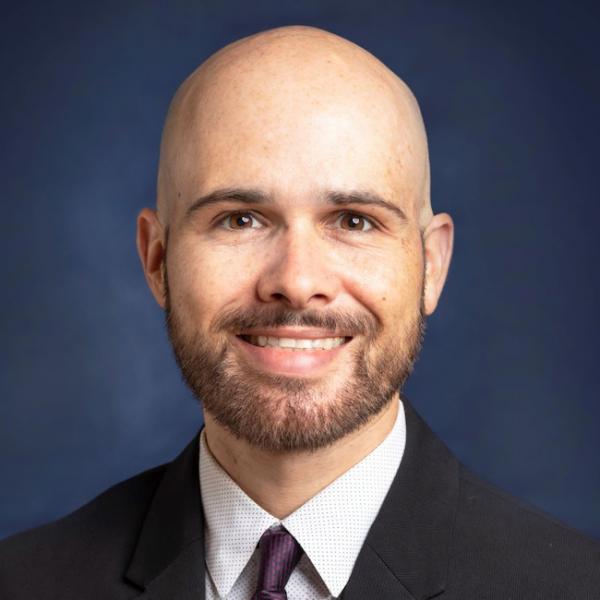The Centers for Medicare and Medicaid Services (CMS) is the bellwether for payers and value assessors nationwide. Patient organizations have the power to shape decisions by using the collective experiences, data, insights, and perspectives of their communities to inform R&D activities and access to medical products.
The FasterCures Vital Voices three-part webinar series explores how patient organizations can inform and potentially influence CMS activities and state-level coverage decisions. Each webinar dives into a critical topic— building effective coalitions, collecting patient experience data, and navigating state-level policy—offering real-world insights and actionable strategies for patient organizations to elevate the patient voice in CMS activities and decisions. The topics came out of attendee feedback from the Vital Voices Workshop aimed to empower patient organizations to engage effectively with CMS.
This toolkit contains the session video recordings and relevant resources presented during the Vital Voices Webinar Series. The Milken Institute is grateful to Merck for its support of the Institute’s independent work on building capacity for patient engagement with CMS.
Webinar Series Part 2
Just the Facts: Patient Experience Data to Inform CMS Decision-Making
The second installment of the Vital Voices webinar series focused on how patient organizations can collect, structure, and present patient experience data to support engagement with the Centers for Medicare and Medicaid Services (CMS) across various coverage pathways. The session highlighted strategies for generating patient-centered evidence, developing patient experience dossiers, and compiling patient data to elevate the patient voice in payer contexts.
Speakers shared practical examples from CMS, Applied Patient Experience LLC (AppliedPX), and Parent Project Muscular Dystrophy (PPMD), illustrating how patient insights can shape care delivery models, guide policy development, and influence coverage and access decisions.

Speakers
Kate Davidson
Director, Learning and Diffusion Group, Center for Medicare and Medicaid Innovation
Joe Vandigo
Vice President, Market Access and Value Strategy, Applied Patient Experience, LLC
Megan Freed
Chief of Strategic Initiatives, Parent Project Muscular Dystrophy
Key Webinar Takeaways:
- Patient experience data drives impact. CMS is increasingly incorporating patient-reported outcomes and journey mapping to design and evaluate more person-centered care delivery and payment models.
- Patient input is critical for CMS model design. CMMI seeks feedback from patient and caregiver representatives and organizations across model development, implementation, and evaluation.
- Dossiers strengthen advocacy. The patient experience dossier provides a structured, living document to compile patient experience data from various sources and present it coherently to a wide range of decision-makers (e.g., regulators, value assessors, payers, industry).
- Early engagement matters. Building relationships early helps patient groups align around shared goals and evidence needs.
- Data stewardship builds credibility. PPMD’s long-standing registries, electronic health record-based initiatives, and preference studies demonstrate how nonprofits can generate and maintain high-quality longitudinal data for both regulatory and coverage applications.
- Collaboration fuels success. Patient organizations can work with academic and industry partners to close data gaps and ensure the patient perspective informs health-care delivery and policy.
Strategies Discussed:
- Embed prevention (e.g., nutrition and physical activity) and patient empowerment into CMMI models by testing various incentives with beneficiaries to address needs beyond medication or treatment costs, using journey mapping and patient-reported outcomes.
- Leverage dossiers can be a strategy to identify gaps in patient experience evidence and determine where future research can be directed.
- Develop standardized patient experience dossiers to aggregate diverse data sources and create narratives and evidence sets for developer, policy, regulatory, value assessment, and coverage discussions.
- Build data hubs that combine patient-reported, clinical, and real-world evidence to strengthen regulatory and coverage activities.
Webinar Resources:
- Slides
- CMS Innovation Center
- Learn more about CMS Innovation Models in your state
- Patient Experience Dossier Framework (AppliedPX)
- Parent Project Muscular Dystrophy (PPMD) Data Registry and Research Interchange
This webinar was made available to patient organizations that participate in The Research Acceleration and Innovation Network (TRAIN). TRAIN is a network of more than 180 foundations interested in taking a strategic and entrepreneurial approach to funding medical research. TRAIN convenes forward-thinking groups to learn from each other and share their novel solutions with the rest of the medical research system. FasterCures accepts new organizations to TRAIN on an ongoing basis. There is no fee for the application or for membership. To learn more and apply, visit the TRAIN application. Please contact [email protected] for more information about TRAIN.










